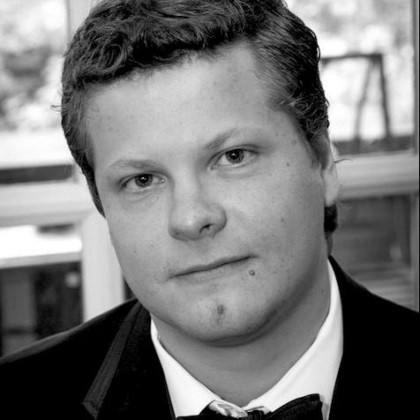Yurii Rashkovskii
Entrepreneur, Spawnfest Organiser and Elixir Committer
Spawngrid, Inc.

Yurii has been using Erlang on and off since 2001 for commercial and open source projects, always returning to it from his endeavors with other platforms. Among other things, his open source Erlang work includes erlzmq2, beam.js, seqbind & exportie, proper_stdlib, evfs, socket.io-erlang, agner, epitest and EEP 39 implementation. Yurii also actively contributes to Elixir (BEAM-based programming language, a meta-compiler for Erlang) and its ecosphere (expm, genx, cage, exn, relex and others). Yurii resides in Vancouver, British Columbia (Canada).
Twitter: @yrashk

Yurii Rashkovskii is Giving the Following Talks
Meta-Programming with Elixir
We all know Erlang as a language has certain limitations (for better or worse). It also makes you write a lot of boilerplate code. Sometimes we can put up with it, sometimes it's just annoying.
I've been looking into different meta-programming techniques to be used with Erlang. I've been using parse transformations a lot (and gave talks about them). But that wasn't enough for me. I've tried investing some time in Joxa (joxa.org, which is awesome, btw), but I found that it is a little bit more of a Lisp than Erlang. So I continued my search, and took another look at Elixir (elixir-lang.org), which I dismissed last year. It went through quite a transformation and, in my opinion, became a decent meta-compiler for Erlang that's not too far away from Erlang itself.
Talk objectives: In this talk I'll show how you can program Erlang in a much more productive way — and common pitfalls to avoid.
Target audience: Erlang professionals & newbies.
Tutorial: Elixir
Elixir is a metaprogrammable, functional language built atop the Erlang VM. It is a dynamic language with hygenic macros that leverages all Erlang's capabilities. In this tutorial, you'll learn the main objectives of Elixir (the "whys"), its syntax, key differences from Erlang and how to write some nice Elixir code.
Tutorial objectives: Learn all the good reasons why you should (or should not) use Elixir and get an understanding how to use it.
Tutorial audience: Curious, early adopter types; at least minimal Erlang knowledge preferred.
